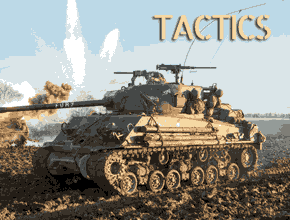The Flakpanzer 38(t): Development and Design
The Panzerkampfwagen 38 für 2 cm Flak 38 (Sd.Kfz.140) Ausf.L, shortened as Flakpanzer 38(t) was a self propelled AA conversion made on the Panzer 38(t) base. After testing a 2 cm Flak 38 on a modified Panzer I chassis (Flakpanzer I), other future chassis were considered (Panzer II Luchs and Leopard in dev.) until the Panzer IV chassis was retained, initiated by the Luftwaffe in June 1943, Krupp contracted for the development. This led to the Flakpanzer IV mit 3.7 cm FLAK, but high demand for the STUG-III eventually constrained the use of more aivalable chassis and soon attention fell on the Panzer 38(t) previous ČKD factory, now BMM (Böhmisch-Mährische Maschinenfabrik).
Krupp 2 cm Flakpanzer 38(t) prototype. stc panzernet.net
The Inspektion der Panzertruppen 6 forced the adoption of this chassis for full development, and in rush, engineers retook the Marder III Ausf.M as base, and by late 1943 was passed an order for 141 (or 162 depending on sources) to be started by early 1944. When tested and ready the new hvehicle was called either "Panzerkampfwagen 38 für 2 cm Flak 38 (Sd.Kfz.140) Ausf.L." or "Flakpanzer 38(t) auf Selbstfahrlafette 38(t) Ausf.M". But Flakpanzer 38(t) is the most commonly used today and it is often attributed the nickname Gepard, but it's not attested on official sources.
Design changes were considerable, as the engine was moved to the center of the vehicle, and the fully enclosed driver compartment was moved to the right front side, close to the transmission. The glacis armor was at a high angle with a large hatch door for maintenance. The hull and supestructure were constructed of riveted plates with few welded elements. Like the original it kept the chassis unchanged, powered with a Praga AC 6-cylinder water-cooled 150 hp@2,600 rpm.
In the new compartment located far behind of the vehicle, open top, with a foldable front for easier access, and it in well was installed a single 2 cm Flak 38 anti-aircraft cannon, better than the old FLAK 30. It could traverse 360° but the upper fighting compartment plates had to be lowered down to depress to -10° for gground support use. This autocannon had an effective range of 2,000m against air targets, 1.6 km ground targets with a theoretical rpm of 420-480, 180-220 rounds practical, with 1040 rounds in storage, 1/3 AP, 2/3 HE. A net basket was used to collect spent cartridges.
Flakpanzer 38(t) specifications | |
| Dimensions | 4.61 x 2.13 x 1.177 m |
| Total weight, battle ready | 9.8 tonnes |
| Crew | 4 to 5 (driver, commander/gunner, loader, and radio operator) |
| Propulsion | Praga AC 6-cylinder water-cooled 150 hp @ 2,600 rpm |
| Suspension | |
| Maximum speed | 42/20 km/h off road |
| Range | 185 km/140 kmp of road |
| Armament | 2 cm Flak 38 |
| Armor | 8-20 mm |
| Total production | 141 |
Combat Deployment
Flakpanzer 38(t)s were organized into organic Panzer Flak-Zügen, and each platoons consisted of 12 vehicles. Most went to the Wehrmacht and a few SS Panzer Divisions: 2nd, 21st, and 26th and Lehr Panzer Divisions, 90th and 29th Panzer GrenadierDivision, 9th, 10th, and 12th SS Panzer Division and of course, Hermann Goering Panzer Division. The majority saw action ion the Western Front in 1944 and 1945, from Normandy, the defense of Caen with the 12th SS PzD, and by December 1944 Operation Northwind with 17th SS Panzer Grenadier Division. A few soldiered with the 2nd Panzer Division in December 1944 on the eastern front. Reliable but lacking firepower in late 1944, it was mostly successful in ground support and still downed about a dozen allied aircraft.Gallery
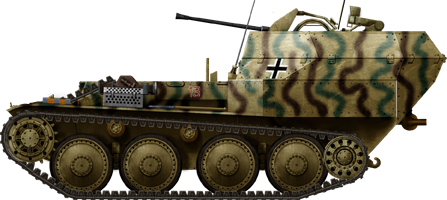
Basic vehicle used in the summer of 1944, Western France.

In training. Source: www.worldwarphotos.info

Knocked out in Normandy, 1944. Source: warspot.ru

Armou panels down - Source: T. L.Jentz and H. L. Doyle Panzer Tracts No. 12-1 – Flakpanzerkampfwagen IV and other Flakpanzer projects

The Flakpanzer 38(t) at the Battle of Normandy Museum. Source: forum.axishistory.com
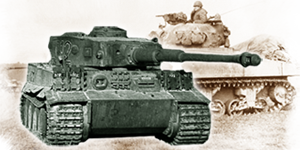
WW2 Tanks




























WW2 tanks posters
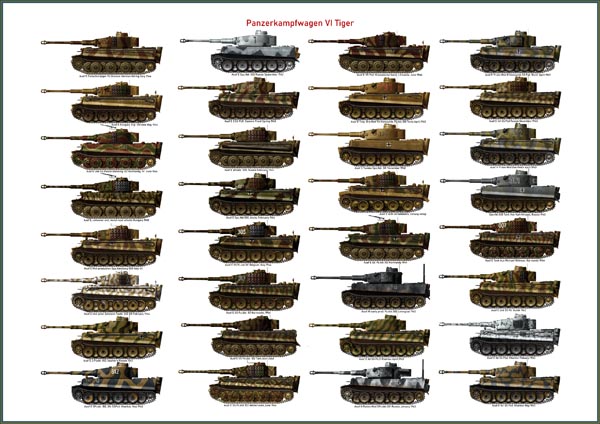
All Tiger tanks liveries.
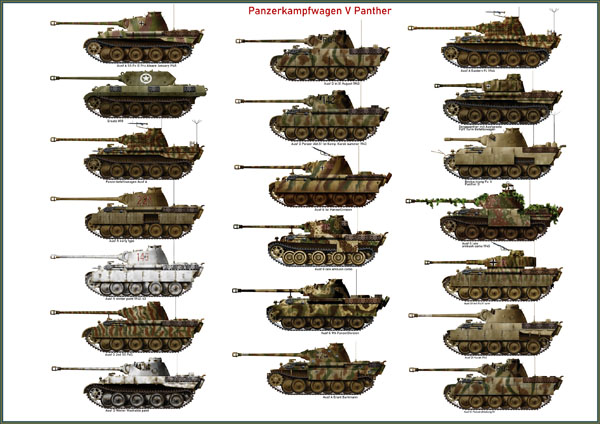
Panther liveries and variants
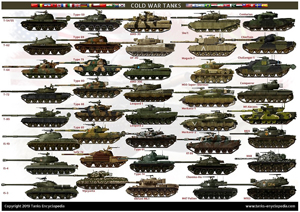
WW2 Armour - All tanks
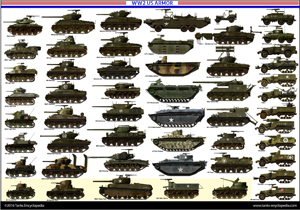

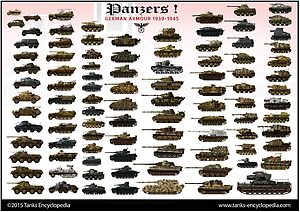








Tanks aces and single tanks series

Find more there
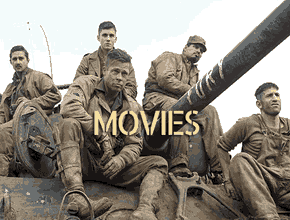
Museums, Movies, Books & Games
The Tanks and Armor in pop culture
Tanks and armored vehicles in general are only really grasped when seen first person: The mass, the scale, it's all there. Explore also the way tanks were covered in the movie industry, in books and in video games.Movies:
Best tanks movie on warhistoryonline.com
On imdb.com
On bestsimilar.com/
miltours.com
liveabout.com/
watchmojo.com
Video Games:
pcgamesn.com
historyhit.com
levvvel.com
vg247.com/best-tank-games
mmobomb.com/
alienwarearena.com
